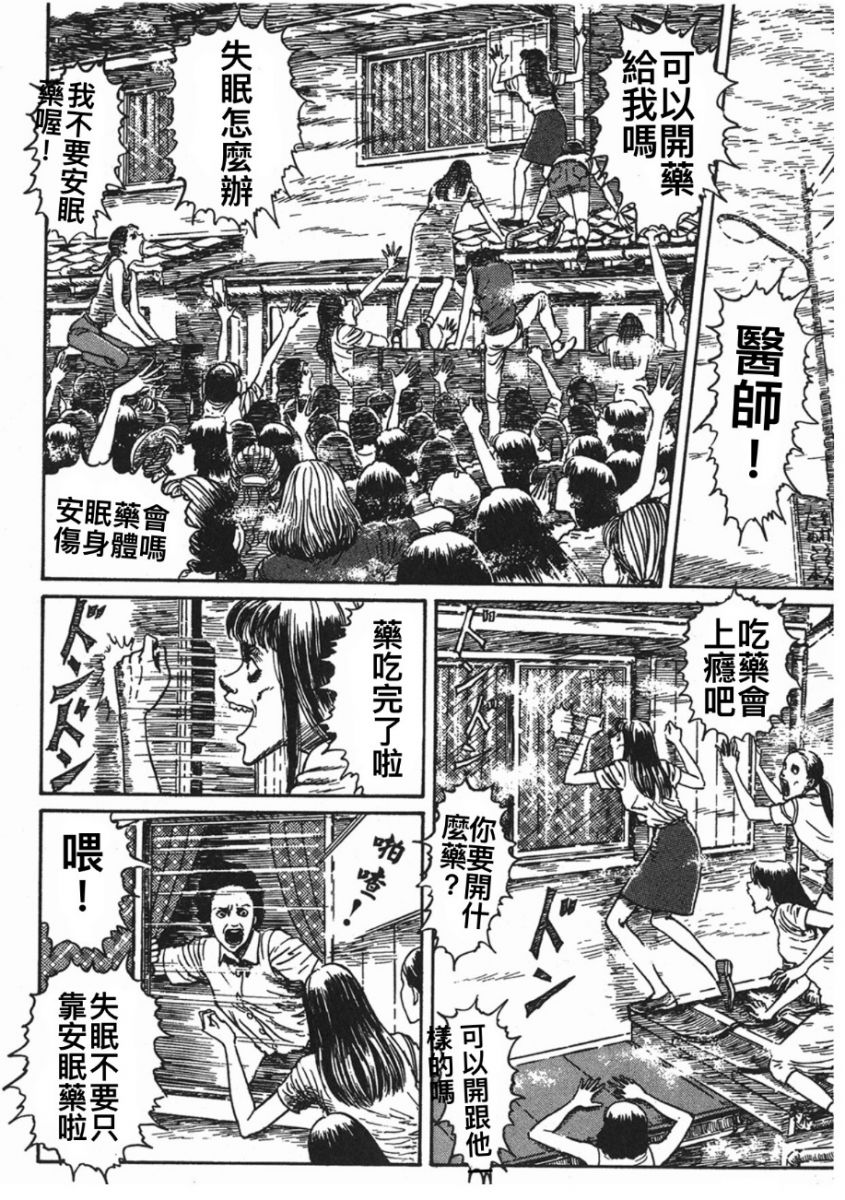失眠是鬱症、焦慮症、酒精使用障礙症(酒癮)等病人最常見的共病,但臺灣因為藥物取得相對容易,再加上民眾對治療的認知不足,而健保制度也使醫師常常無意間以藥物作為「快速解決病人眼前問題」的方式,許多人不知不覺中對鎮定安眠藥物產生依賴性。最近有研究發現,憂鬱症狀越嚴重,對藥物依賴的程度也越高度。甚至,有一些研究發現,長期使用鎮定安眠藥,可能會影響認知功能、增加呼吸疾患的罹病風險等。
對於睡眠專科醫師來說,除了開立傳統苯二氮平類的安眠藥,治療失眠可著眼的方向其實很多,包括使用所謂的4Ps理論,針對病人失眠惡化的因子各個擊破,也可以從睡眠生理下手,與病人探討生活中與睡眠的Process S (Sleep Homeostasis,睡眠恆定性)與Process C(Circadian rhythm,日夜節律)有關的型態調整。
其中日夜節律是近年的熱門議題,其調節主要與視交叉上核以及褪黑激素有關。人類演化自古以來日出而作,日落而息,但因為科技的發展,許多人夜晚要輪班、晚上使用3C產品、白天室內工作缺乏自然光線的暴露等,造成生理時鐘的紊亂,如果能夠調整回來,往往失眠便能改善。
臺灣市面上目前有兩個作用在褪黑激素受體上的藥物,其中一個是抗鬱劑Agomelatine,另一個是自費助眠劑Ramelteon,身心介面實驗室團隊利用後者,研究其對於共病失眠、憂鬱、焦慮患者的影響,結果發現病人每天服用八毫克的藥物,八周後除了失眠改善,憂鬱與焦慮的症狀也能緩解。此外,病人體內的壓力激素(如cortisol)、發炎指數(如CRP、IL-6、TNF-a)顯著下降,而神經滋養因子(如BDNF、GDNF等)則顯著提升。更有意思的是,病人體內幾個主要的生理時鐘調控基因(如CLOCK、PER1、PER2、TIMELESS等)也能在治療後回到正常的表現。
這個研究雖然受試者樣本較小,但因為非常具有啟發性,對於失眠、憂鬱、焦慮之間的關聯性提出新的可能,受到國際學界重視,已刊登於知名學術刊物Brain Behavior and Immunity。相信關於褪黑激素與日夜節律,應該還有很多待開發的未知領域。
Circadian dysfunction is a core manifestation and a risk factor for psychiatric disorders. Ramelteon (RMT), a melatonin receptor agonist, has been shown to induce sleep phase shifts and has been used to normalize sleep onset time. RMT has been used in sleep disorders, depression and anxiety. In this study, we aimed to investigate the effects of RMT in regulating gene expression profiles of the circadian clock and peripheral markers of inflammation and neuroplasticity. Sixteen patients with a diagnosis of primary insomnia comorbid with depression and anxiety and ten healthy controls were recruited in an 8-week open-label trial. The patients with primary insomnia received RMT 8 mg/day. RMT treatment was able to restore phase- shifted melatonin markers, normalized the altered expression of nine core circadian genes (CLOCK, PER1, PER2, CRY1, CRY2, NR1D1, NR1D2, DEC1 and TIMELESS), the levels of pro-inflammatory cytokine levels (interleukin-6, interleukin-1b, tumour necrosis factor-alpha and interferon gamma) and neurotrophins (brain-derived neurotrophic factor, glial cell line-derived neurotrophic factor and beta-nerve growth factor) in patients with insomnia comorbid anxiety and depression.
撰稿者:Senthil Kumaran Satyanarayanan博士、谷大為醫師

圖片來源: https://www.oxxostudio.tw/project/funny/junji/
台灣營養精神醫學研究學會
Taiwanese Society for Nutritional Psychiatry Research
地址:台中市北區育德路2號 中國醫藥大學附設醫院 精神醫學部
Add:No.2 Yu-Der Rd., Taichung, 404, Taiwan
Copyright © 2015 TSNPR 台灣營養精神醫學研究學會 All rights reserved.